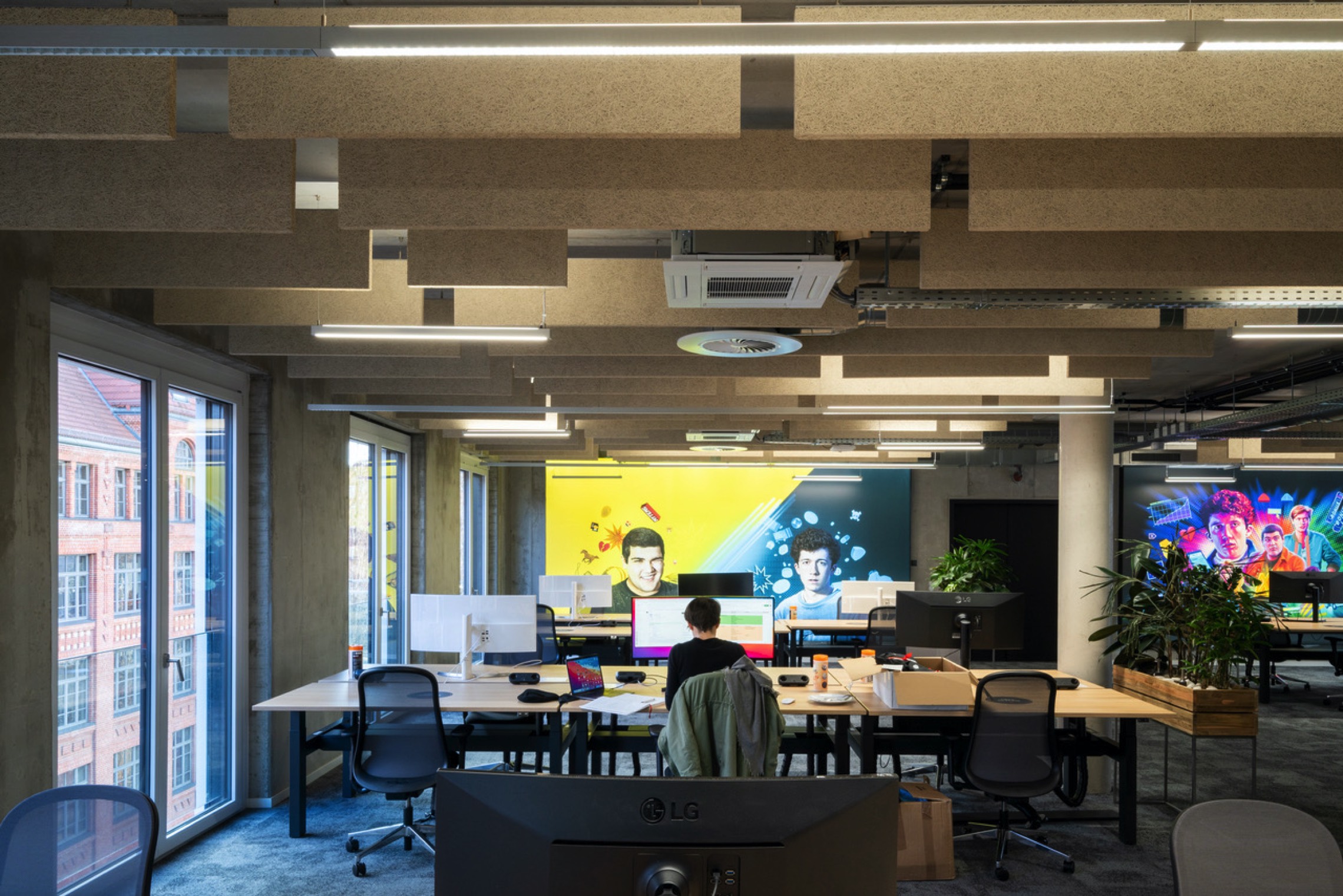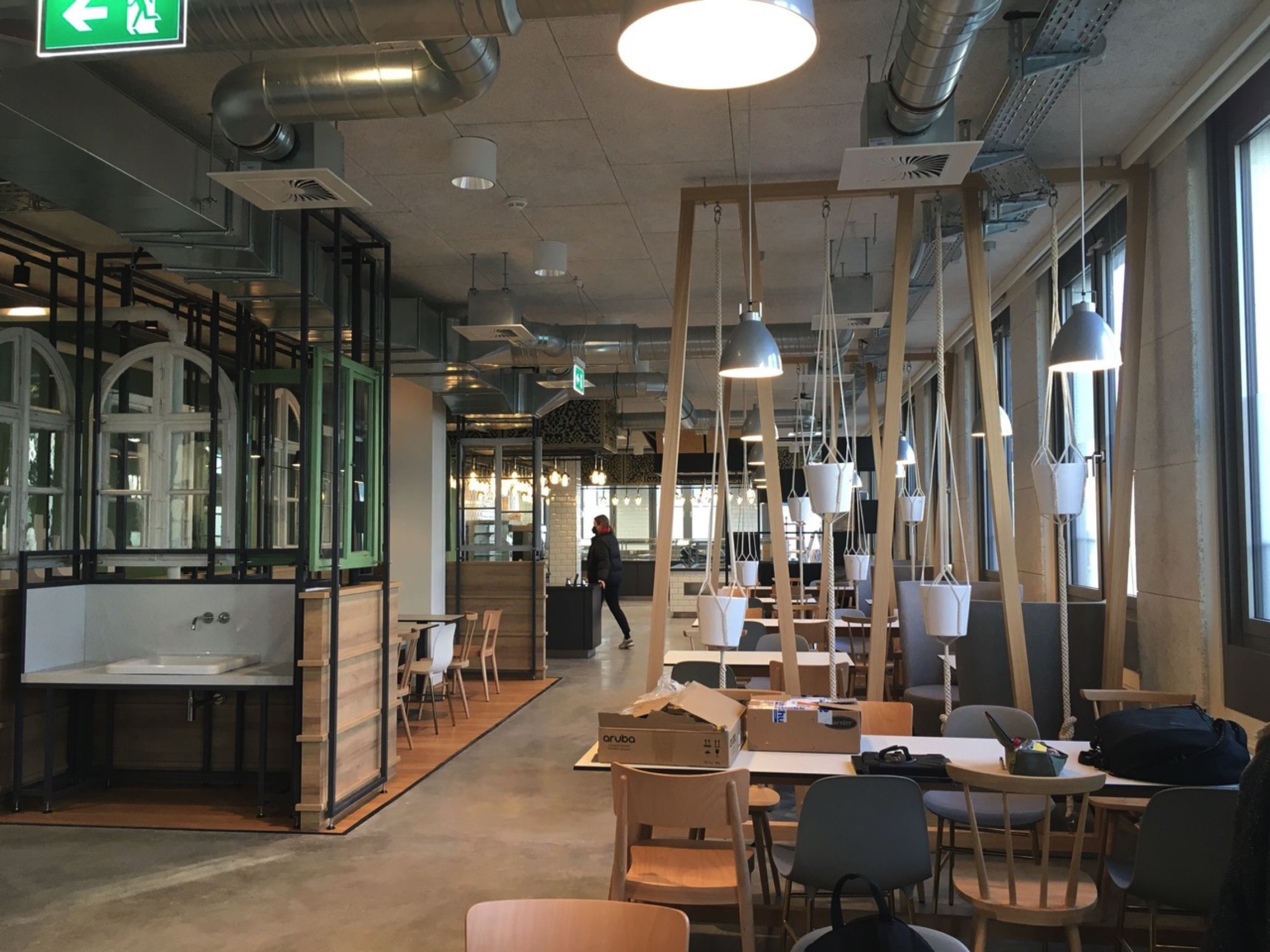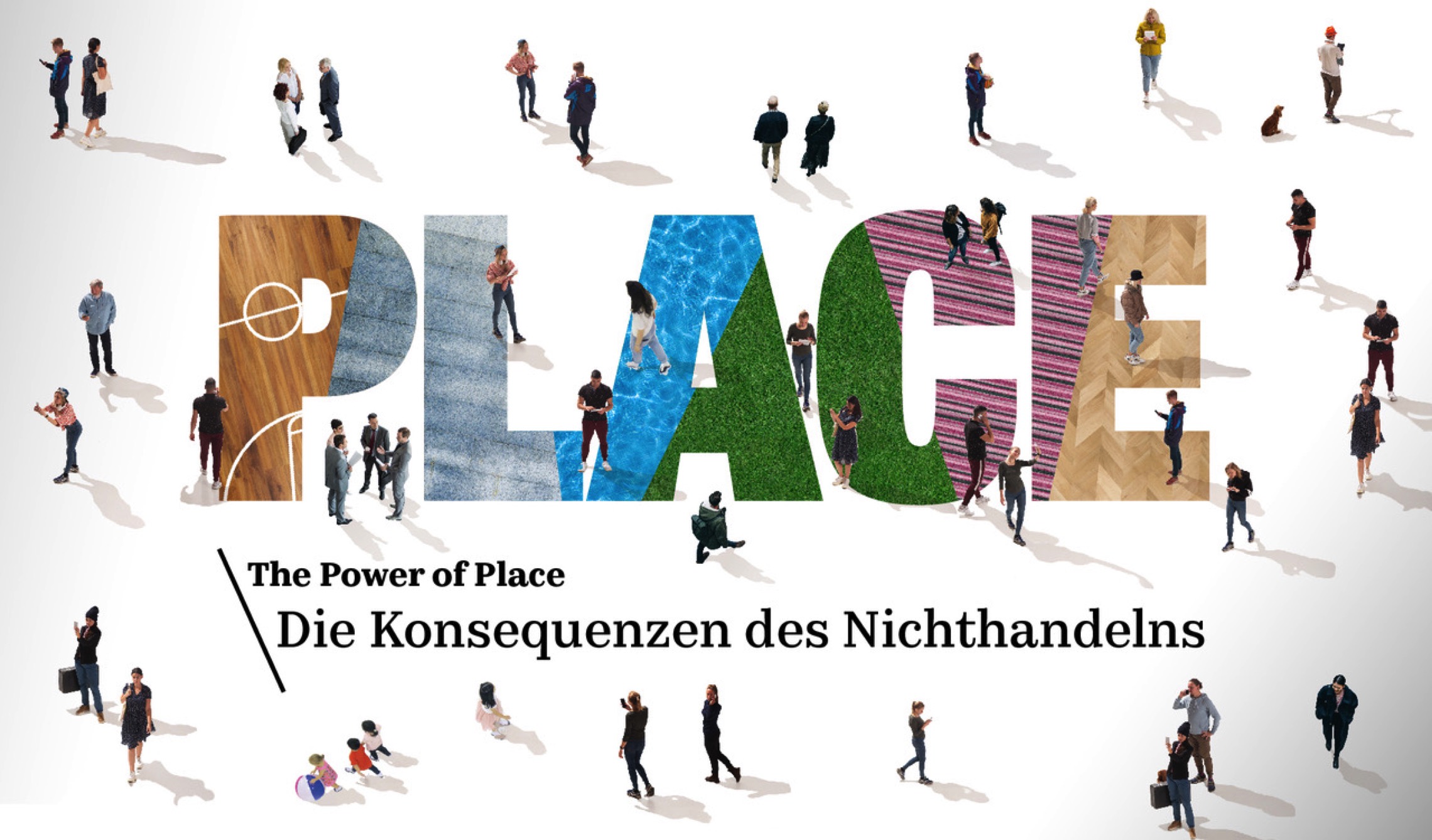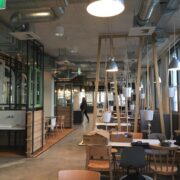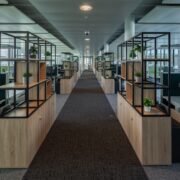For more than two years now, the "triumph" of flexible working models has been continuing - driven by the Corona pandemic. After the home office increasingly established during the peak of the pandemic, many media outlets were already singing the swan song of central office buildings or even talking about the "death” of the office. The second edition of the ISG study "The Power of Place" with the subtitle "The consequences of inaction" now shows that these forecasts were quite premature. Offices will remain an important factor for the working environment of the future. Only the requirements have changed and will continue to change. This was clearly shown by the surveys of employers and employees conducted in the course of the study.
The survey of employers showed: The quality of offices now plays an (even) more important role for corporates than before. According to their own responses, corporates with high-quality office space were ahead of those with less well-equipped offices in terms of customer satisfaction (35 percent more agreement) and employee retention (26 percent more agreement). However, this is not the whole story: corporates that invested in their offices and at the same time introduced hybrid working models increased their turnover by 23.5 percent. Corporates that were inactive in this area increased their revenues by just 0.5 percent on average. Corporates with hybrid working and high-quality spaces also had an advantage in recruiting: 53 percent had no difficulty filling vacancies, while only 29 percent of the corporates without flex work and investments had no problems with filling vacancies. Productivity was also significantly better at companies with high-quality space. Sixty-nine percent said they noticed an increase in productivity. Only 25 percent without high-value space could also confirm this. Bottom line: hybrid working is here to stay. But high-quality office space is a game changer for productivity, revenue and employee recruitment.
The importance of high-quality office space combined with home office arrangements was also evident when employees were surveyed. In fact, 41 percent of workers surveyed said that they would be more likely to stay with their company if flexible working was offered. In ISG's previous survey on the subject, the figure was at 33 percent. At the same time, the quality of the office is also becoming more important for employees. For them, this includes above all a good location (35 percent), good ventilation / air conditioning (25 percent), in-house catering facilities in the building and compliance with current hygiene standards (22 percent each). In addition, around 66 percent of employees in high-quality offices are satisfied with their work. This is only the case for 40 percent of the remainder . It is true that around two-thirds of employees can now imagine working more (longer?) in a home office. But the main reasons why the office continues to play an important role have hardly changed during the pandemic: The team spirit by interacting with colleagues, better distinction of work life and private life and the fear of being socially isolated.
Space consumption, on the other hand, has not necessarily changed because of increased mobile working, at least among companies that have invested in space and enabled flex work. Around one-third of the corporates surveyed stated that they reserved parts of their spaces for new services. Just under a third of the corporates surveyed had also improved their IT infrastructure, introduced higher hygiene standards and placed greater focus on the supply of fresh and healthy air.
This shows that the premature swan song for office space in the context of the home office has not finally considered many developments to their logical conclusion. After all, high-quality office space is not just a local factor in the office itself. Together with the technological infrastructure, it is also the basis that makes hybrid work possible in the first place. In turn, the mobility of work has not led to the end of office space but has changed demands. Offices, in combination with home office arrangements, are increasingly becoming a company's calling card in the battle for employees and, at the same time, offer the opportunity to increase key corporate indicators.
ISG, Frankfurt am Main, December 2022
Download study here: https://www.isgltd.com/de/en/campaigns/the-power-of-place-2022-germany
